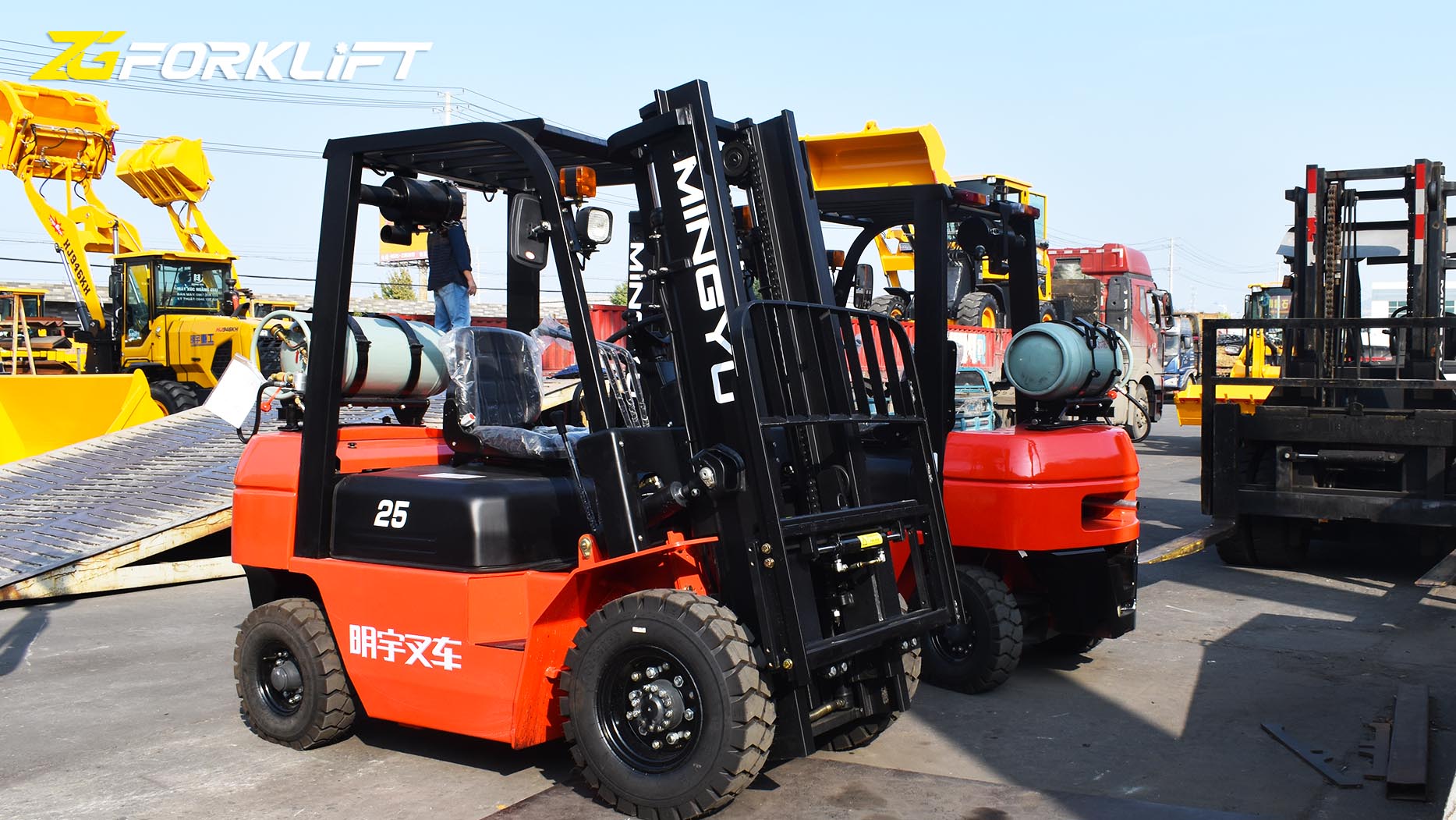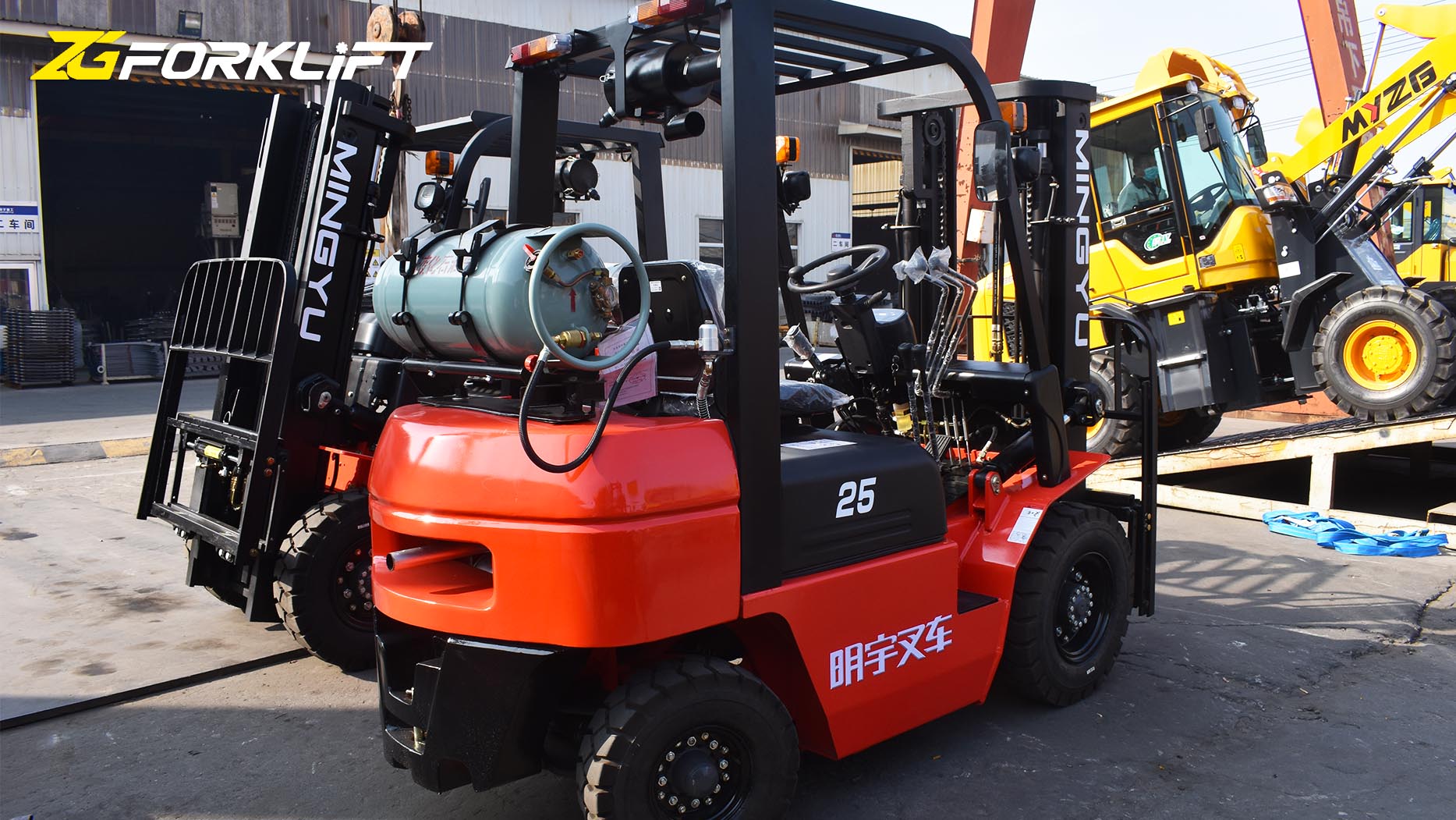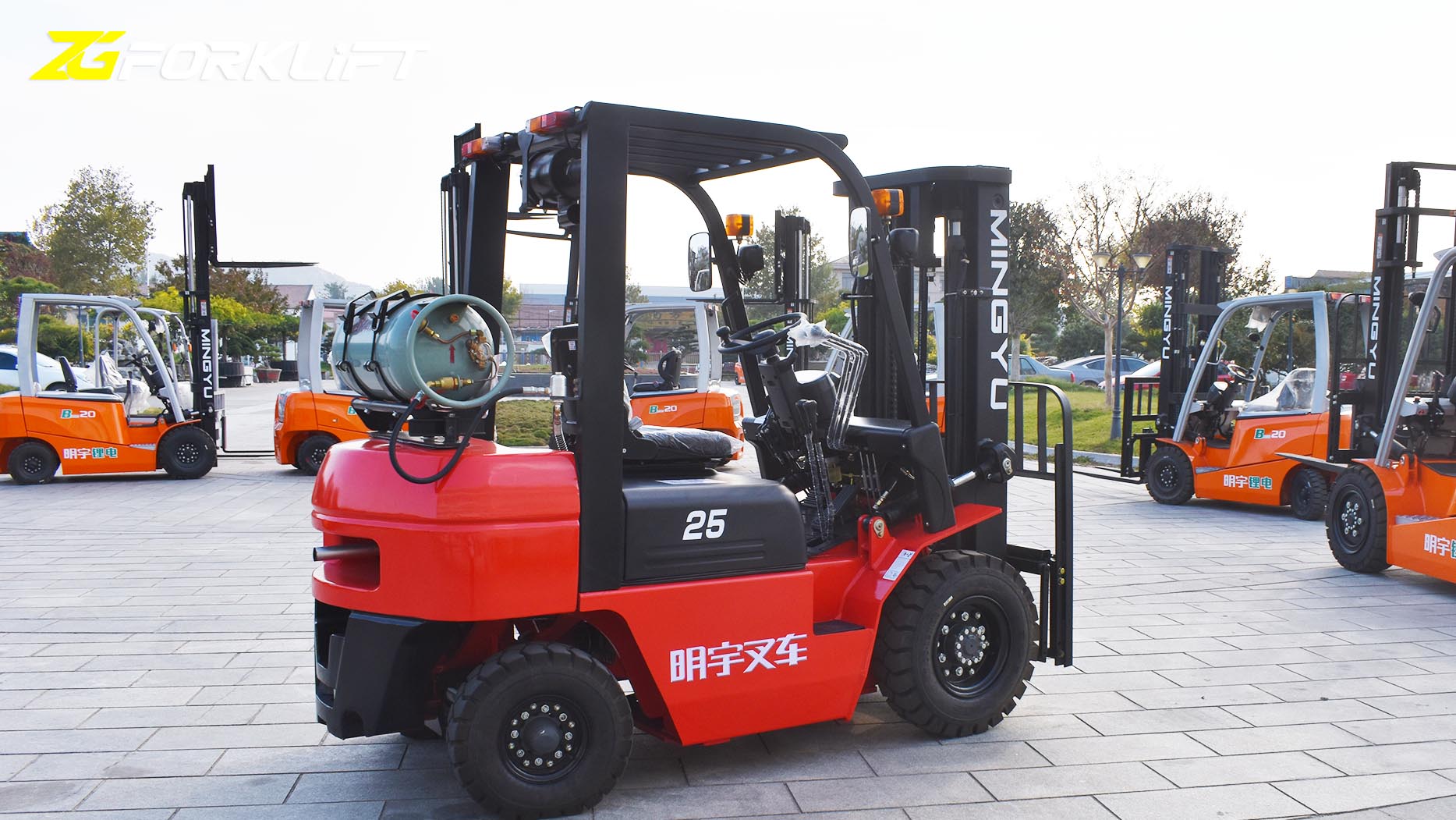A Comprehensive Look at Liquefied Petroleum Gas-Powered Vehicles
Liquefied Petroleum Gas (LPG), also known as propane or autogas, is a versatile and relatively clean-burning fuel. While commonly used for heating and cooking, LPG also finds significant application as a fuel for vehicles. LPG trucks, therefore, are vehicles specifically designed or converted to run on this alternative fuel. This article provides a comprehensive overview of LPG trucks, exploring their types, benefits, challenges, and the technology behind their operation.
Understanding LPG:
LPG is a mixture of hydrocarbon gases, primarily propane and butane. It is produced as a byproduct of natural gas processing and crude oil refining. At atmospheric pressure, LPG exists as a gas, but it is easily liquefied under moderate pressure, making it easier to store and transport. This liquid state allows for a higher energy density by volume compared to gaseous fuels, which is crucial for vehicle applications.
Types of LPG Trucks:
LPG trucks can be broadly categorized into two main types:
Dedicated LPG Vehicles: These vehicles are designed and manufactured specifically to run on LPG. They feature engines optimized for LPG combustion and are equipped with dedicated LPG fuel systems. These vehicles offer the best performance and efficiency when running on LPG.
Bi-Fuel or Dual-Fuel Vehicles: These vehicles are capable of running on both LPG and gasoline (petrol). They have two separate fuel systems – one for LPG and one for gasoline – allowing the driver to switch between fuels as needed. This dual-fuel capability provides flexibility and range, as the vehicle can run on gasoline when LPG is not available. Many conversions of existing gasoline vehicles fall into this category.
Components of an LPG Fuel System:
An LPG fuel system in a vehicle typically consists of the following components:
LPG Tank: Stores the liquid LPG under pressure. These tanks are designed to be robust and safe, with pressure relief valves and other safety features. They come in various sizes depending on the vehicle and application.
Fuel Lines: Transfer the LPG from the tank to the engine. These lines are typically made of specialized materials resistant to LPG and pressure.
Vaporizer/Converter: Converts the liquid LPG into a gaseous state before it enters the engine. This is usually achieved by using engine coolant heat or an electric heater.
Mixer/Injector: Mixes the gaseous LPG with air in the correct proportions for combustion. In older systems, a mixer is used, while newer systems employ injectors for more precise fuel delivery.
Engine Modifications: Some engine modifications may be necessary for optimal LPG operation, such as hardened valve seats (as LPG tends to burn hotter than gasoline). Modern conversions and dedicated LPG vehicles often use specially designed engine components.
Control System: Manages the LPG fuel system, including switching between fuels in bi-fuel vehicles, monitoring fuel levels, and controlling the vaporizer/converter.
Benefits of LPG Trucks:
LPG trucks offer several advantages compared to gasoline or diesel-powered vehicles:
Lower Emissions: LPG is a cleaner-burning fuel than gasoline or diesel, producing lower levels of harmful pollutants such as particulate matter, nitrogen oxides (NOx), and carbon monoxide (CO). This makes LPG vehicles more environmentally friendly.
Reduced Fuel Costs: In many regions, LPG is less expensive than gasoline or diesel, resulting in lower fuel costs for vehicle owners. This can lead to significant savings, especially for high-mileage vehicles.
Improved Engine Life: LPG can contribute to cleaner engine operation, reducing carbon deposits and extending engine life.
Quiet Operation: LPG engines tend to operate more quietly than gasoline or diesel engines.
Availability: LPG is widely available in many countries, making it a practical alternative fuel..
Challenges and Considerations for LPG Trucks:
While LPG trucks offer numerous benefits, there are also some challenges and considerations to keep in mind:
Conversion Costs: Converting a gasoline vehicle to run on LPG can be expensive, although government incentives and fuel cost savings can offset this cost over time. Dedicated LPG vehicles have a higher initial purchase price than comparable gasoline vehicles.
Fuel Tank Space: LPG tanks can take up significant space in the vehicle, reducing cargo or passenger capacity.
Fuel Availability: While LPG is widely available in some regions, its availability can be limited in others. Bi-fuel vehicles address this issue by allowing the vehicle to run on gasoline when LPG is not available.
Maintenance: LPG fuel systems require regular maintenance to ensure proper operation and safety.
Safety Concerns: LPG is a flammable gas, and improper handling or installation can pose safety risks. It is crucial to have LPG systems installed and maintained by qualified professionals.
Performance: In some cases, LPG vehicles may experience a slight reduction in power or fuel economy compared to gasoline or diesel vehicles. However, modern LPG systems and dedicated LPG vehicles minimize this performance difference.
Applications of LPG Trucks:
LPG trucks are used in a variety of applications, including:
Commercial Fleets: Taxis, delivery vans, and other commercial vehicles often convert to LPG to reduce fuel costs and emissions.
Public Transportation: Some buses and other public transportation vehicles run on LPG.
Forklifts: LPG is a popular fuel for forklifts due to its clean-burning properties and cost-effectiveness.
Private Vehicles: Many individuals convert their personal vehicles to run on LPG.
As environmental concerns and fuel costs continue to rise, LPG is likely to play an increasingly important role in the transportation sector. Advancements in LPG technology, such as improved fuel systems and engine designs, are making LPG vehicles more efficient, reliable, and environmentally friendly. The development of more comprehensive LPG refueling infrastructure will also contribute to the wider adoption of LPG trucks. Furthermore, as a bridge fuel, LPG can play a role in the transition to more sustainable transportation solutions like electric or hydrogen vehicles.
Conclusion:
LPG trucks offer a viable alternative to gasoline and diesel-powered vehicles, providing benefits such as lower emissions, reduced fuel costs, and quieter operation. While there are some challenges and considerations associated with LPG vehicles, advancements in technology and increasing environmental awareness are driving the adoption of this alternative fuel. From commercial fleets to public transportation and private vehicles, LPG trucks are playing a significant role in creating a cleaner and more sustainable transportation future. As the technology continues to develop and the infrastructure expands, LPG is poised to become an even more prominent fuel in the years to come.
Post time:Feb.14.2025



